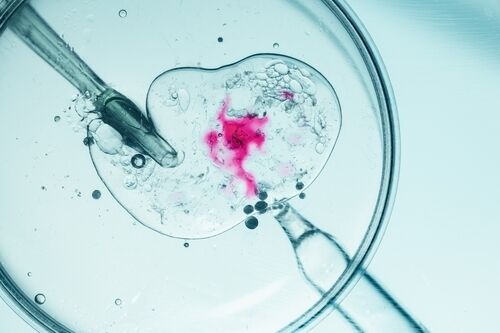Abortion
Scientists create human eggs from skin cells, raising ethical concerns

Scientists in the US have created egg-like cells from human skin in a step towards new fertility treatments.
Researchers at Oregon Health and Science University transformed human skin cells into egg cells capable of being fertilised.
The process, still experimental, may one day enable women unable to produce eggs to undergo IVF using the genetically related eggs, as well as same-sex male couples seeking genetically related children.
‘Scientific breakthrough’
Using a technique similar to the cloning of Dolly the sheep, scientists inserted the nucleus of a skin cell into a donated human egg that had its own nucleus removed.
After chemical and electrical stimulation, the modified cell successfully reduced its chromosome number to 23—matching that of a natural egg.
This achievement, described as a “proof of concept”, marks the first time this chromosome-shedding has been artificially triggered in a human cell.
“This opens up the possibility of creating functional new egg cells from cells from anywhere in the body,” said Professor Roger Sturmey, University of Hull.
The lab-created “pseudo-eggs” were fertilised using IVF techniques. Around 9% developed into blastocysts—early-stage embryos—but none were viable due to chromosomal abnormalities.
Scientists stress caution
Professor Shoukhrat Mitalipov, who led the study, said the technique could particularly benefit older women and those who have undergone chemotherapy. However, clinical trials are likely at least a decade away.
Professor Ying Cheong of the University of Southampton stressed caution: “This is still very early laboratory work… In the future, it could transform how we understand infertility and miscarriage.”
Ali Draycott, founder of fertility start-up Egg Advisor, said that if proven safe, the process could offer an alternative to egg freezing. “It could supersede egg freezing… less frozen hope, more immediate options,” she said.
However, the development raises serious bioethical concerns. Creating human embryos from modified cells prompts questions about the instrumental use of embryos, many of which are destroyed during experimentation, as well as the concern that scientists are 'playing God' by interfering with the natural process of creation and the sanctity of life.
Share
